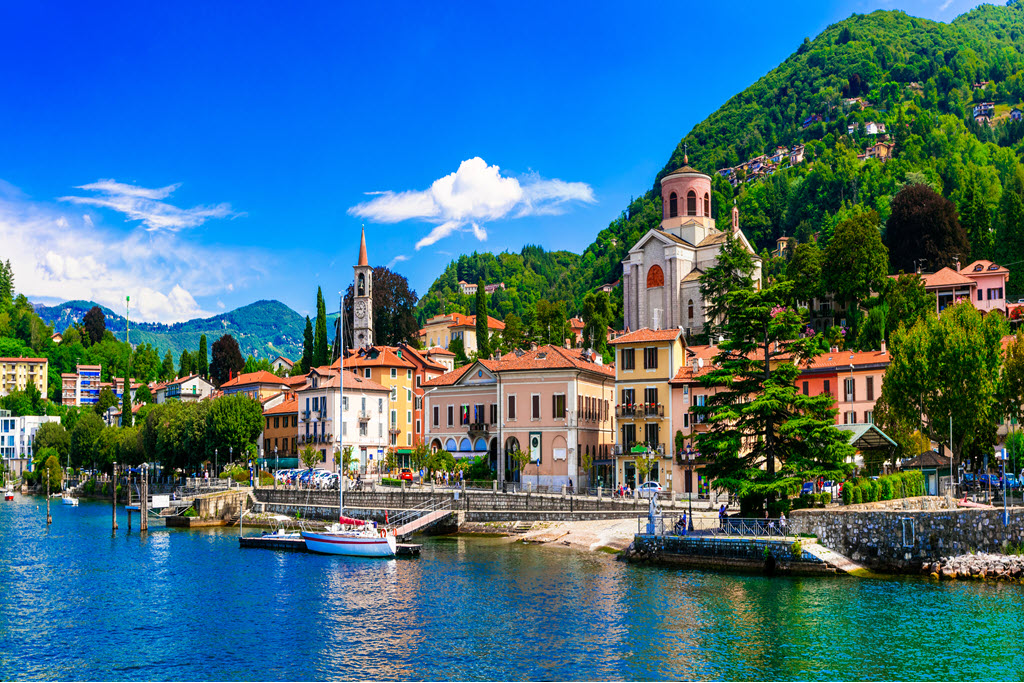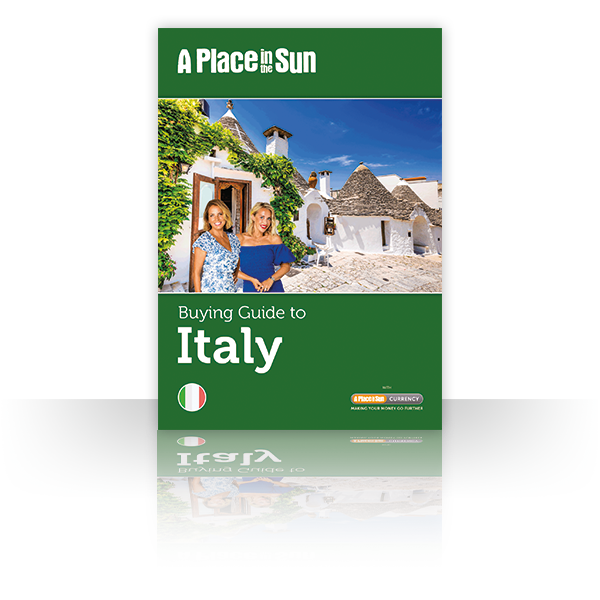-
Find your place in the sun
- Home
-
Property Search
- Property Search
-
Property in Spain
- Property in Spain
- Almeria
- Costa Blanca
- Costa del Sol
- Costa Brava
- Costa de la Luz
-
Costa Tropical
- Costa Tropical
- La Herradura
- Almuñécar
- Salobreña
- Motril
- Murcia
- Valencia
- Inland Andalucia
-
Canary Islands
- Canary Islands
- Tenerife
- Fuerteventura
- Lanzarote
- Gran Canaria
- Balearic Islands
- All Areas
- Property in France
-
Property in Portugal
- Property in Portugal
- Algarve
- Albufeira
- Lagos
- Lisbon Coast
- Silver Coast
- All Areas
- Property in Italy
-
Property in Greece
- Property in Greece
- Aegean Islands
- Corfu
- Crete
- Halkidiki
- Ionian Islands
- All Areas
- Property in Florida
- Property in Cyprus
- Property in Turkey
- Search all countries
- New Developments
- Find an agent in...
- Most Popular Properties
-
-
Help & Guides
- Help & Guides
- How to Buy
- Area Guides
- Free Guide Download
- Professional Services
- Currency
- Mortgages
- Insurance
-
Relocation
- Relocation
-
Moving to Spain
- Moving to Spain
- Buying property in Spain
- Living in Spain
- Retiring to Spain
- How to move to Spain
-
Moving to France
- Moving to France
- Buying property in France
- Living in France
- Retiring to France
-
Moving to Portugal
- Moving to Portugal
- Buying property in Portugal
- Living in Portugal
- Retiring to Portugal
-
Moving to Italy
- Moving to Italy
- Buying property in Italy
- Living in Italy
- Retiring to Italy
-
Moving to Cyprus
- Moving to Cyprus
- Buying property in Cyprus
- Living in Cyprus
- Retiring to Cyprus
- Moving to Malta
- Find a Lawyer
- Viewing Trips Guide
- Articles
- Webinars
- New Developments
- Live Events
-
TV Show
- TV Show
- Episodes
- Presenters
- Apply
- Advertise with us
-
- Sign up / sign in
- Currency
- Find an agent
- Advertise with us
Retiring to Italy
 Italy's popularity among British expats is on the rise, and for good reason.
Italy's popularity among British expats is on the rise, and for good reason.
With its warm winter climate, beautiful coastlines, and lower living costs that the UK it's not surprising that it's a top choice for retirees who want to move abroad.
Is Italy a good country to retire?
Retirement, for most, is about seeking an easier way of life, security, a good climate and somewhere that offers access to good healthcare. Italy ticks all of those boxes. Along with flat-tax incentives for retirees, if you move to one of the smaller towns of Southern Italy (that has fewer than 20,000 residents), you will be eligible for a tax rate of just 7% on your foreign income, including your pension.
How to access healthcare in Italy when you are retired
It's important to assess the types of healthcare you'll have access to when retiring to another country.
Find out more about applying for healthcare in Italy.
How do you make a will in Italy?
It's most likely that you'll need a Italian will for your assets in Italy, alongside a will in your home country.
How do you get a driving license in Italy?
You'll probably need a car to get around when you make the move to Italy - find out about how to transfer your driving license here.
FAQs: Retiring to Italy
Can I retire to Italy from the UK after Brexit?
Yes. UK citizens can retire to Italy, but you now need a visa unless you have an EU passport or spouse with one. Most retirees apply for the Elective Residency Visa, which requires proof of a stable annual income, accommodation in Italy (owned or rented), and private health insurance. This visa is for those who can support themselves without working.
Do I need to buy property in Italy to retire there?
No. You can retire in Italy whether you rent or buy. However, owning a home can strengthen your visa application and provide stability. There is a wide choice of property for sale in Italy, from affordable apartments in rural villages to luxury villas in prime coastal or city locations.
How much money do I need to retire in Italy?
Most retirees need to show at least €31,000 a year for a single applicant or €38,000 for a couple to qualify for the Elective Residency Visa. This income must come from pensions, savings, or other passive sources, and you’ll also need funds to cover property costs, healthcare, and daily living.
What are the best places to retire in Italy?
Tuscany, Umbria and the Italian Lakes attract retirees for their beauty, lifestyle, and strong expat communities. For more affordable property and living costs, look at Abruzzo, Puglia, Le Marche, Sicily or Calabria, which combine charm with better value for your retirement budget.
Is Italy a good place to retire?
Yes. Italy offers excellent quality of life, with world-class food, culture, history, and healthcare. Many regions have a lower cost of living than the UK or US, especially in the south, making it appealing for retirees seeking both comfort and affordability.
Are there tax incentives for retirees in Italy?
Yes. Southern regions offer a flat 7% tax rate on foreign pensions for up to 10 years if you become a resident in certain qualifying towns. This incentive is designed to attract retirees and boost local economies in rural areas.
Can I access healthcare in Italy as a retiree?
Yes. Once you become a resident, you can register with the Italian public healthcare system (SSN) for around €2,000 a year, giving you access to excellent medical care. Private healthcare is also available for faster appointments and more choice.
Can I rent out my Italian home in retirement?
Yes. Retirees can rent out their property, whether as a long-term let or holiday rental, but you must comply with Italian rental laws, register guests with local authorities, and declare any rental income for tax purposes.
